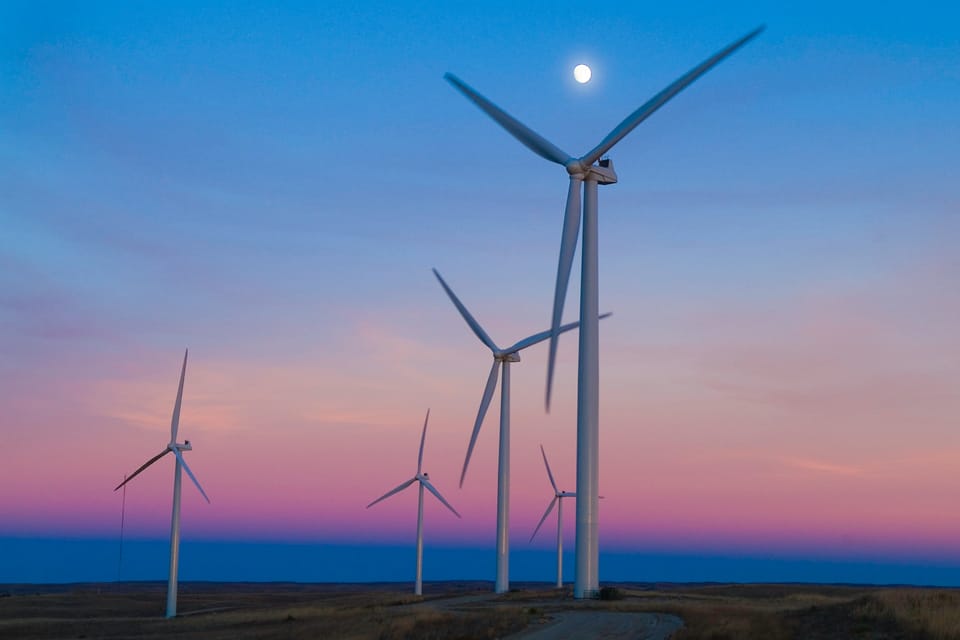Energy transition has reached tipping point, UN report says
"Countries that cling to fossil fuels are not protecting their economies – they are sabotaging them."

With renewable prices plummeting and the cost of new renewable power projects lower than fossil fuels in 91% of cases, the global energy transition has “irreversibly crossed a positive tipping point”, argues the UN in a new report.
“Fossil fuels are running out of road. The sun is rising on a clean energy age. Just follow the money,” UN Secretary General António Guterres said at the start of a special address today (July 22) at the UN Headquarters.







